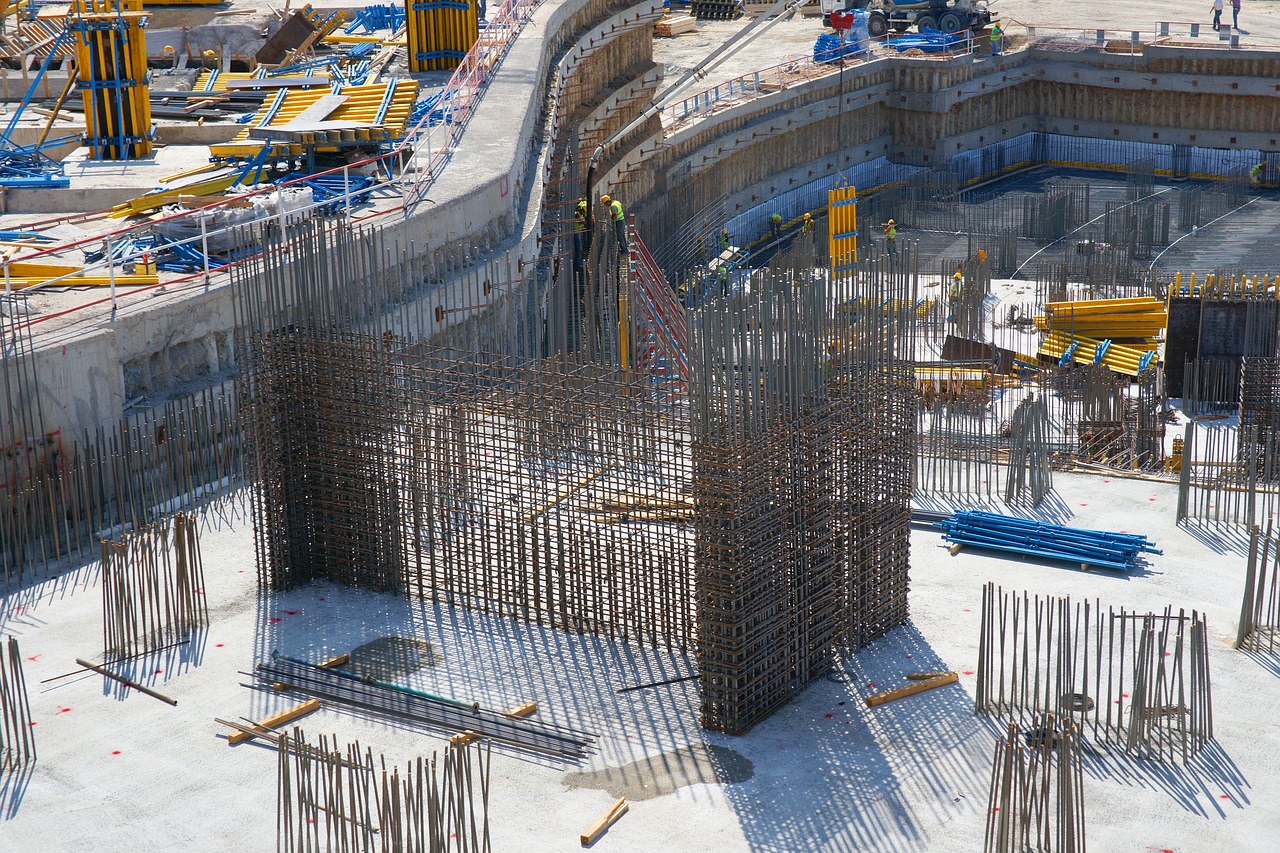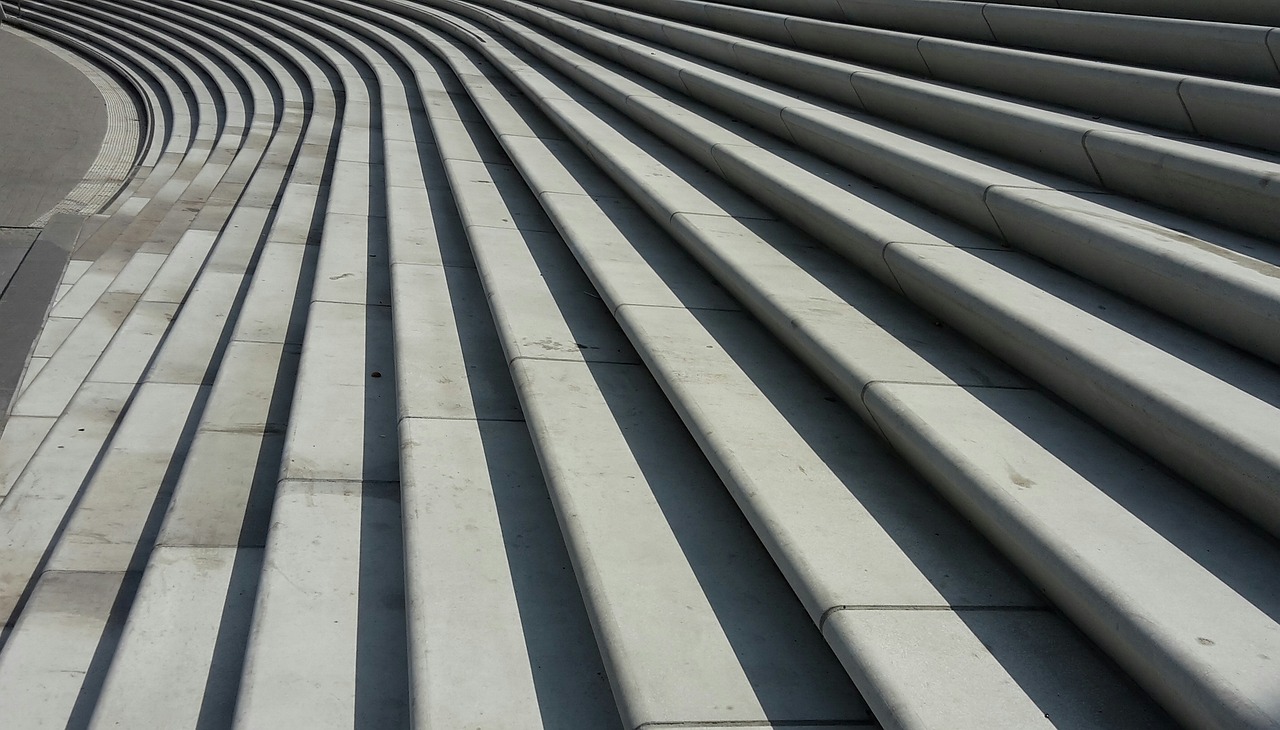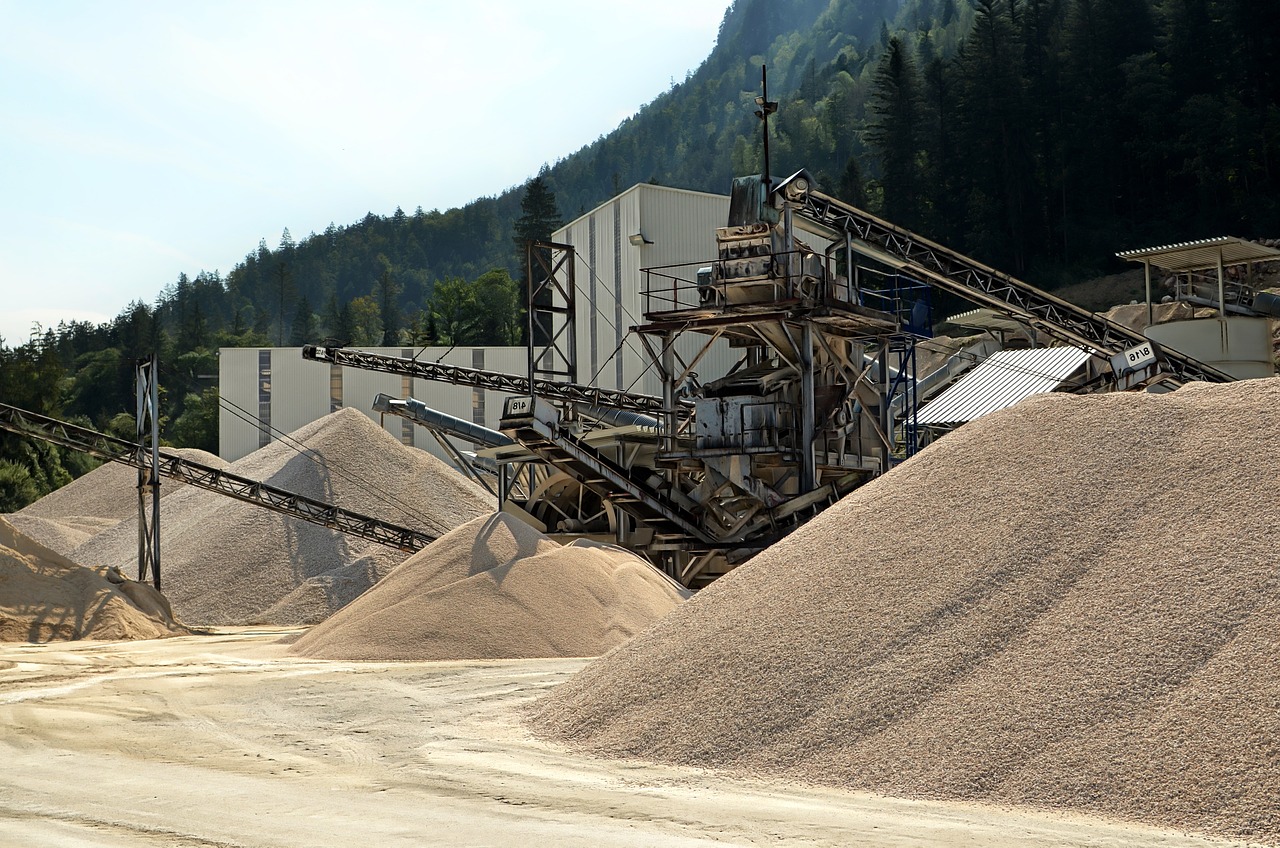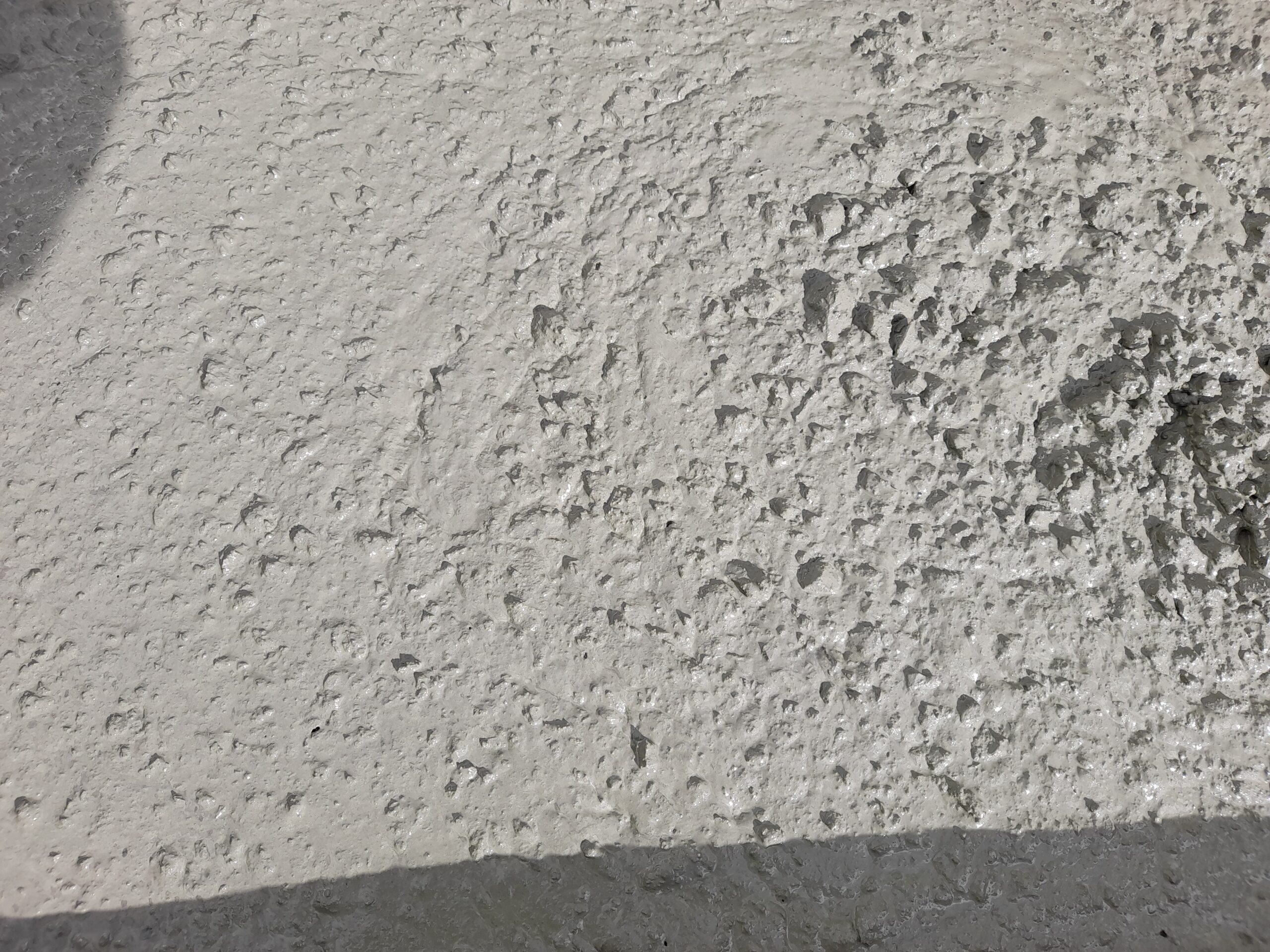Why is the Variation of Concrete Test Results Important?
Concrete testing is an essential component of quality control in the production of ready-mix concrete. Variations in test results are common, but understanding and managing these variations is critical to ensuring the quality and reliability of the concrete produced. In this article, we’ll explore why variations in concrete test results are significant, the primary sources … Read more










